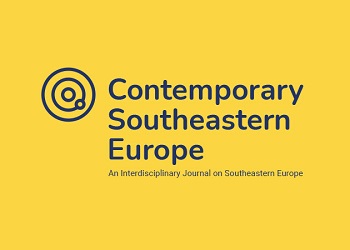Gender and Geopolitics in the Eurovision Song Contest
Gender and Geopolitics in the Eurovision Song Contest
Author(s): Catherine BakerSubject(s): Gender Studies, Music, Geopolitics
Published by: Universität Graz
Keywords: Eurovision; geopolitics;
Summary/Abstract: From the vantage point of the early 1990s, when the end of the Cold War not only inspired the discourses of many Eurovision performances but created opportunities for the map of Eurovision participation itself to significantly expand in a short space of time, neither the scale of the contemporary Eurovision Song Contest (ESC) nor the extent to which a field of “Eurovision research” has developed in cultural studies and its related disciplines would have been recognisable. In 1993, when former Warsaw Pact states began to participate in Eurovision for the first time and Yugoslav successor states started to compete in their own right, the contest remained a one-night-peryear theatrical presentation staged in venues that accommodated, at most, a couple of thousand spectators and with points awarded by expert juries from each participating country. Between 1998 and 2004, Eurovision’s organisers, the European Broadcasting Union (EBU), and the national broadcasters responsible for hosting each edition of the contest expanded it into an ever grander spectacle: hosted in arenas before live audiences of 10,000 or more, with (from 2004) a semi-final system enabling every eligible country and broadcaster to participate each year, and with (between 1998 and 2008) points awarded almost entirely on the basis of telephone voting by audiences in each participating state.
Journal: Contemporary Southeastern Europe
- Issue Year: 2/2015
- Issue No: 1
- Page Range: 74-93
- Page Count: 20
- Language: English

